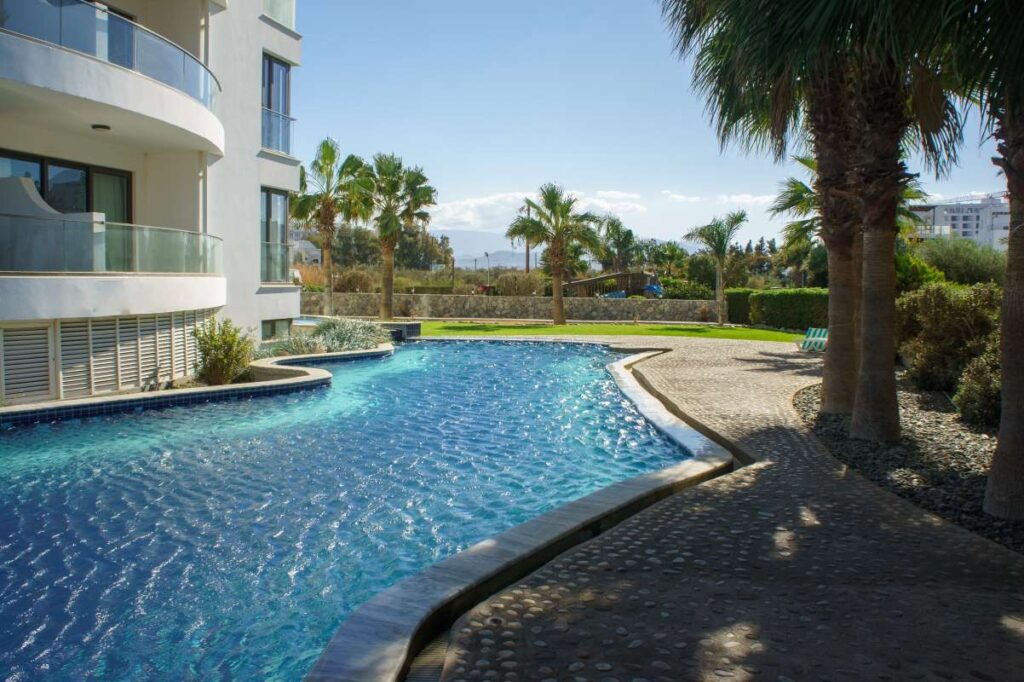Discover how to accurately estimate earnings from a pool route before making a purchase, ensuring a smart investment in the pool maintenance industry.
How to Estimate Earnings From a Pool Route Before You Buy
Estimating earnings from a pool route is a critical step for anyone considering an investment in the pool maintenance industry. With the growing demand for pool services in warm climates like Florida and Texas, understanding the financial dynamics of a pool route can help prospective buyers make informed decisions. In this article, we will explore various methods and considerations for evaluating potential earnings, providing insights into expenses, customer bases, and market trends. Whether you’re an aspiring entrepreneur or an existing pool service owner looking to expand, this comprehensive guide will equip you with the knowledge necessary to assess a pool route’s profitability.
The concept of purchasing a pool route may seem straightforward, but it involves various complexities that require careful consideration. Factors such as the number of pools serviced, pricing structures, operating costs, and customer retention rates all play a significant role in determining the financial viability of the investment. Additionally, understanding the regional market, customer expectations, and seasonal variations can provide a clearer picture of expected earnings. Let’s delve into the key components that will help you estimate earnings from a pool route effectively.
Understanding Pool Route Revenue Potential
The first step in estimating earnings from a pool route is to assess the revenue potential. Typically, a pool service business generates income through regular maintenance visits, which can be billed monthly or per service. The average pool service charge varies widely depending on geographic location and service complexity, but generally falls between $100 to $200 per month per pool.
To calculate your potential revenue, multiply the number of pools you plan to service by the average monthly fee. For instance, if a route includes 50 pools and charges $150 per month, the gross monthly revenue would be:
50 pools x $150/month = $7,500/month
However, it’s essential to remember that this is gross revenue and does not account for expenses that will impact your net income. Understanding the average number of service visits per month and any additional services, such as pool cleaning, repairs, or chemical balancing, can provide a more detailed revenue estimation.
Evaluating Customer Base Stability
Another critical factor in estimating earnings is assessing the stability of the customer base. A well-established pool route often comes with a loyal and consistent customer base, which can significantly enhance your earnings potential. During your due diligence, inquire about customer retention rates and the duration of their service relationships.
For instance, if a route has a 90% customer retention rate, this indicates a reliable income stream. A route with frequent customer turnover may involve additional marketing costs to acquire new clients, thus impacting overall profitability. Understanding the customer demographics and service expectations is also vital; affluent neighborhoods may yield higher service fees than those in more modest areas.
Moreover, it’s advisable to look into the reasons behind customer loyalty—factors such as quality of service, reliability, and customer satisfaction can all contribute to a stable income. Engaging with existing customers to gather testimonials or feedback can provide insights into the business’s reputation and potential for future growth.
Analyzing Operating Costs
While assessing potential revenue is crucial, understanding the operating costs that will affect your earnings is equally important. These costs typically include vehicle expenses, equipment maintenance, insurance, employee wages (if applicable), and supplies like pool chemicals and cleaning tools.
To create a more accurate earnings estimate, compile a detailed list of all anticipated expenses associated with running the route. For example, if monthly expenses total approximately $3,000, your net income would be calculated as follows:
Gross Revenue – Operating Costs = Net Income
Using our previous example, if you have a gross revenue of $7,500 and expenses of $3,000, your net income would be:
$7,500 – $3,000 = $4,500/month
In addition to these fixed costs, consider any seasonal fluctuations in service demands that may affect income during different times of the year. For example, in regions with harsh winters, pool maintenance might slow down, leading to reduced income. Understanding these variations is crucial for accurate forecasting.
Market Trends and Economic Factors
The pool maintenance industry is influenced by broader market trends and economic factors, which can impact your earnings potential. For example, during economic downturns, homeowners may opt for less frequent services or forgo maintenance altogether, affecting service providers’ revenues. Conversely, an increase in housing developments or a boom in recreational investments can elevate demand for pool services.
Researching local market trends will provide insights into future earnings potential. Are there new housing developments in the area? Is the trend leaning towards more homeowners investing in pool features? Analyzing these variables can guide your expectations and help you make informed decisions.
Additionally, consider any regulations or changes in compliance that could affect your operational costs. Staying informed about local laws and regulations can help mitigate risks associated with compliance fines or operational adjustments.
Utilizing Professional Broker Expertise
When estimating earnings from a pool route, seeking guidance from a professional pool business broker can be invaluable. Brokers specializing in pool routes have in-depth knowledge of market dynamics and can provide data-driven insights into potential earnings based on historical performance and local trends.
For instance, brokers can present comparative analyses of similar routes, showcasing average earnings, customer demographics, and operational costs. This information can help you make a more educated purchase decision while also identifying any hidden costs or potential growth opportunities that you may not have considered.
Furthermore, brokers often have established relationships with current route owners, which can facilitate smoother negotiations and transitions. Utilizing a broker’s expertise can streamline the purchasing process and offer additional reassurance regarding the investment’s potential.
Best Practices in Pool Route Ownership
Once you have purchased a pool route, implementing best practices can optimize your earnings and ensure long-term success. First and foremost, maintaining high-quality service is paramount; satisfied customers are more likely to remain loyal and refer new clients.
Additionally, consider implementing technology solutions for scheduling, route optimization, and customer relationship management. Software tools can help streamline operations, reduce labor costs, and improve overall efficiency, contributing to increased profitability.
Investing in marketing efforts to attract new clients is also essential. Consider targeting neighborhoods with a high density of swimming pools, leveraging social media platforms, and utilizing local advertising strategies to increase visibility in your area.
Understanding Financial Structures and Options
Financing options play a vital role in purchasing a pool route. Understanding the different structures available, such as seller financing or bank loans, can facilitate smoother transactions and empower you to invest wisely. Knowing your financial limits and structuring a realistic budget helps mitigate risks associated with overextending your resources.
Additionally, keeping track of your cash flow post-purchase is crucial for sustaining your business. Report any financial discrepancies promptly to manage risks effectively. Regularly reviewing financial performance metrics ensures you remain on track to meet your earnings goals.
Conclusion
Estimating earnings from a pool route before making a purchase is a multi-faceted process that involves analyzing revenue potential, evaluating customer base stability, understanding operating costs, and keeping an eye on market trends. By taking the time to conduct thorough research and leveraging professional expertise, aspiring pool service owners can make informed decisions that lead to profitable investments.
The pool maintenance industry presents numerous opportunities, especially in regions like Florida and Texas, where demand for services remains high. With the right approach, purchasing a pool route can provide immediate income and long-term growth potential.
If you’re ready to explore available options and take the next step toward pool route ownership, don’t hesitate to reach out to us at Tower Business Brokers. Our team is dedicated to guiding you through the process, providing the insights and support needed to make a successful investment. Contact us today to discover how we can assist you in finding the perfect pool route for your business needs!



